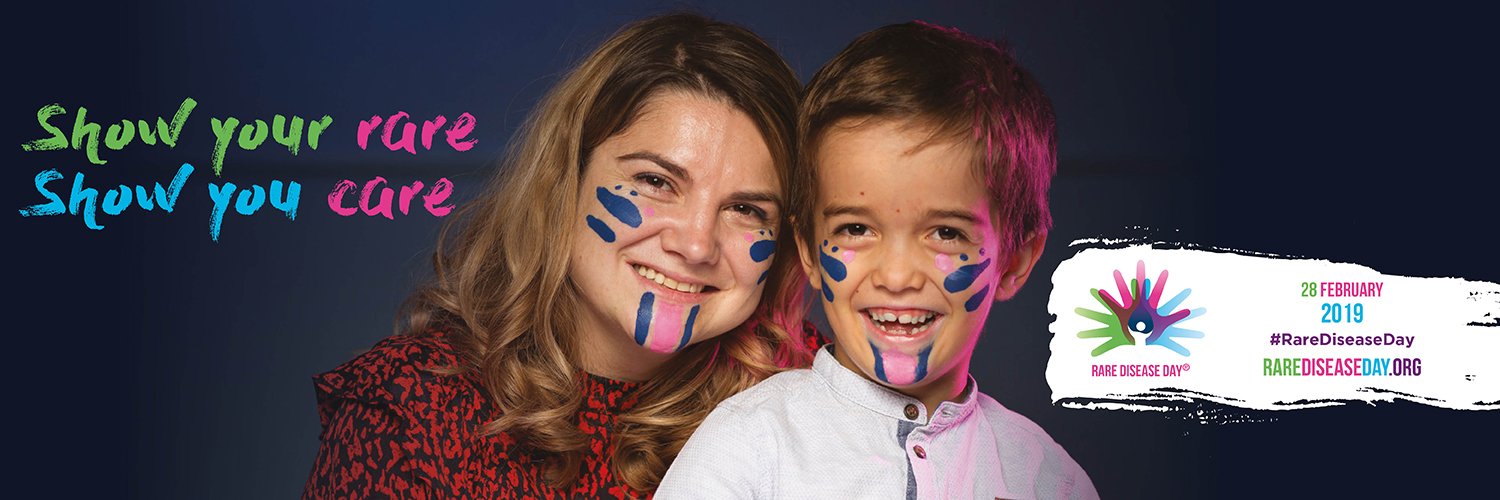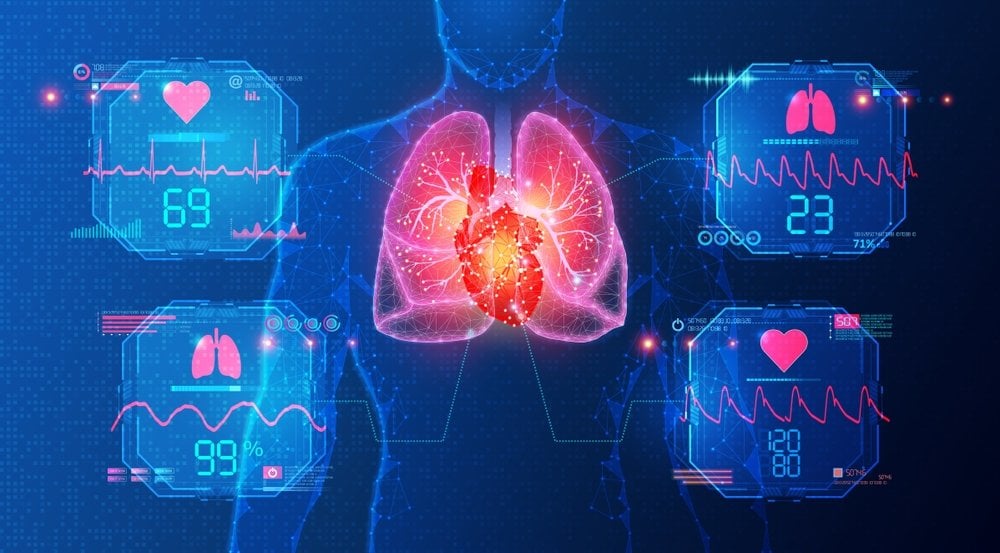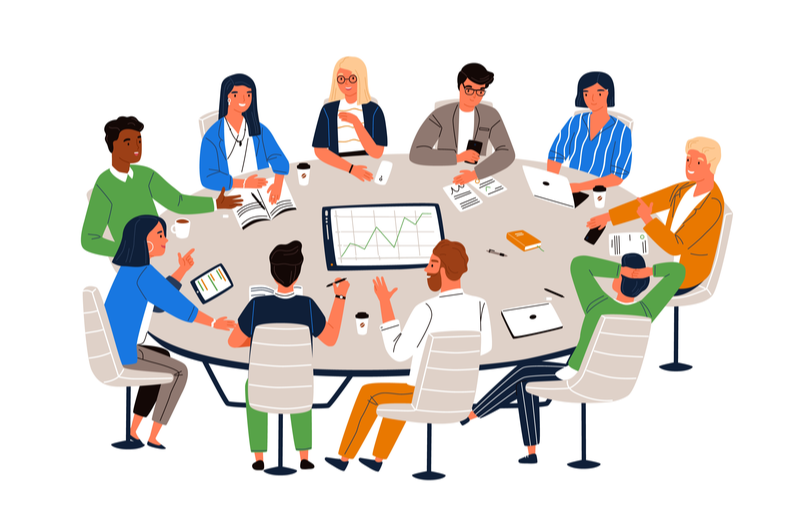
You don’t hear much about rare diseases, except occasionally on primetime medical dramas. But just because they’re “rare” — in the U.S., that refers to diseases that affect fewer than 200,000 Americans — doesn’t mean they don’t affect a lot of lives. Collectively, the 7,000 or so known rare diseases afflict tens of millions, possibly hundreds of millions, of people worldwide.
In other words, as my grandmother liked to put it, “Every family has something.” She had firsthand experience, being a carrier of both a high-risk genetic mutation for cancer and a rare kidney disease known as Alport syndrome. That “we’re all in it together” attitude is the foundation for Rare Disease Day, held this year on February 28th. It aims to raise awareness for rare diseases and remind us that these conditions have an outsize impact.
Rare Disease Day has been celebrated annually for the last dozen years, serving as a rallying point for advocacy organizations, researchers, caregivers, and the patients they focus on. Launched in Europe by the disease advocacy organization EURORDIS and supported in the U.S. by the National Organization for Rare Disorders, the event has now gotten so large that people in more than 90 countries find ways large and small to participate.
It’s hard to imagine there’s much commonality across 7,000 rare diseases, but there are some threads that tie them together. Most have genetic causes, and many affect children. Few have good treatment options, in part because pharmaceutical companies are less motivated to invest resources to develop new treatments when the potential market is so small. There’s also the challenge of finding enough people to enroll in clinical trials so new treatments can get approved, since the target audience is hard to find.
As genetic analysis tools improved in recent years, more rare diseases are being identified and defined. That’s major progress: defining a disease is the first step in allowing people to build a community, start an advocacy group, and possibly even raise funds. Money is needed to support research to learn more about each disease, whether existing therapies might address it, and even to find opportunities to treat it.
With Alport syndrome in my family, for instance, I’ve signed up to receive alerts from the Alport Syndrome Foundation. It organizes events for patients and families, tells members about new clinical trials, and regularly updates its community about the status of candidate drugs in development.
There are countless such groups for people affected by rare diseases, and they have an essential role in pushing for progress in each disease area. Even advocacy communities with only a Facebook group to bring them together have managed to effect real change; we reported here at Techonomy, for example, on patients with a rare type of cancer who used social media to raise money to fund new research into their disease. Some of these groups keep lists of patients who would be willing to enter a clinical trial; this not only accelerates the trial enrollment process, but can also show pharmaceutical companies how active and engaged a disease community is. That may make them a more desirable market for development.
With the rise of precision medicine, there is great hope within the rare disease community that barriers to developing new treatments will be lowered. The very idea of targeting treatments with precision is to find exactly the community, however small, that could be a potential market for a therapy. With this model, though, we’ve seen some new treatments emerge at shockingly high prices — such as a Novartis gene therapy for patients with a rare retinal disease that costs $850,000 for a one-time, vision-restoring treatment. It’s important to address diseases that would never otherwise be treated, but it’s also important to do so with a drug that people can afford.
This Thursday, the challenges take a backseat as we focus on honoring the people in our lives who are affected by rare disease — patients, families, physicians, researchers, and more. Here at Techonomy, we hope you find a way to participate in Rare Disease Day to honor anyone you know affected by these conditions.
Why Thursday Is Rare Disease Day
With the exception of primetime medical dramas, you don’t hear much about rare diseases. But just because they’re “rare” — in the U.S., that’s a guideline used for diseases affecting fewer than 200,000 Americans — doesn’t mean they’re scarce. Rare Disease Day, held this year on February 28th, raises awareness for rare diseases and reminds us that these conditions have an outsize impact.

















